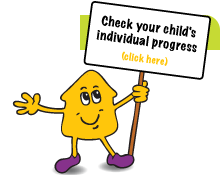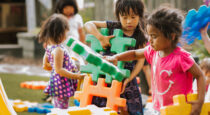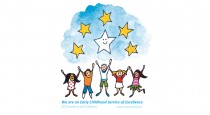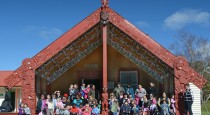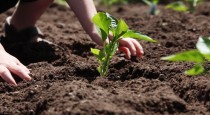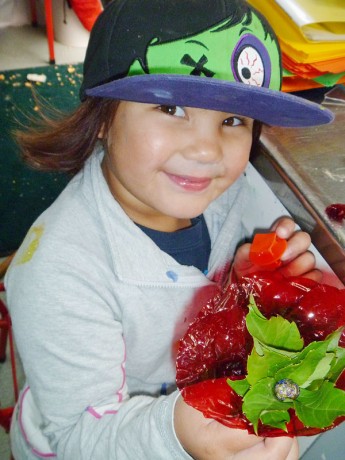Through the eyes of a four-year-old
Through the eyes of a four-year-old
The feelings and thoughts of four-year-olds
Four is a wonderful age. Children are eager, imaginative, energetic, and fun-loving. Fabulous four-year-olds have boundless energy and can’t sit still for any length of time. They enjoy running and riding tricycles or scooters so we provide outdoor play unless extreme weather prevents it. Sometimes adults will take away outdoor time as a way of disciplining children. At any age this punishment is more likely to worsen behaviour than improve it, but it is particularly likely to backfire with the energetic four-year-old. Remember, children of this age need careful supervision. Don’t leave them outdoors unsupervised even for a moment. They may try physical stunts that are dangerous because they do not know what is and isn’t safe.
Fours are wonderful learners when you give them hands-on activities. They learn best by holding, touching, and moving real objects, not by sitting and doing worksheets. Children will ask many questions. A good way to respond to a question is to ask, “What do you think?” Often children will try to answer the question for themselves. While fours are excited to learn, they are not usually ready to learn to read. We work on building valuable pre-reading skills by reading them a wide variety of books giving them time for dramatic play.
Early math skills are also best learned from hands-on activities. Children learn by counting, sorting, and manipulating real objects. Play simple games with them that involve rolling a die and counting your spaces. These activities teach children skills like one-to-one correspondence and the meaning of numbers.
Four-year-olds are just beginning to appreciate jokes. They will make up their own jokes and roar with laughter. Jokes can often become silly and can deteriorate to potty talk. You can best handle this by responding to their interest but directing them to rhymes, poems, and other kinds of jokes.
Imaginative play becomes important to the four-year-old. Give children plenty of time for pretend play. Through imaginative play, children learn the skills they will need later on to be successful in school and in life. Sometimes fours will confuse pretend with reality. Talk about the difference between real and pretend. Sometimes fours develop wild stories and may tell lies. Since four-year-olds are just learning the difference between what is real and pretend, they also are only now learning the difference between truth and lies. When a child lies, avoid a power struggle about whether s/he is telling the truth or not. Instead, stress the importance of telling the truth and the difference between real and pretend. Sometimes a child will lie to hide a mistake. Focus on what should be done to fix the problem. If the child knocks over a plant, instead of asking who knocked it over, say, “I see the plant is on the floor and the dirt is spilled. Let’s fix it”.
Four-year-olds are greatly drawn to superhero play. This interest actually comes out of new fears that fours have as they understand how small and powerless they are. Taking on the role of superheroes makes them feel strong and powerful. Discuss how super strength and special powers are pretend and that it is fun to imagine them, but real hurting is not OK.
Fours are exploring what it means to be friends. Many children pick one child as their special friend. Problems can come up because children have a limited understanding of friendship. It can become very important who sits next to whom, and children may fuss and fight over who sits where. Read books to fours about friendship. Discuss how to be a friend to someone. Four-year-olds can learn the skills of getting along with others that will help them in later life.
